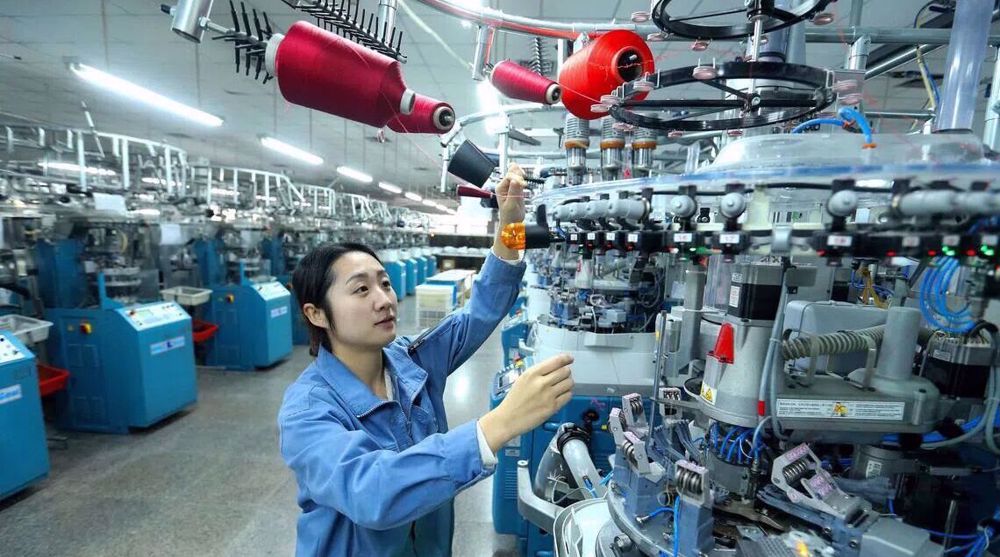Iraq overtakes Saudi Arabia in oil exports to India
Iraq has for the first time in many years been able to take over Saudi Arabia in exporting crude oil to India – the world’s fastest-growing oil consumer.
The latest market figures show that India’s oil imports from Iraq over the past fiscal year of 2017-18 stood at 45.7 million tonnes (MT) thus indicating a rise of 21 percent compared to the previous year when the figure stood at 37.7 MT.
In value terms, India imported $17.5 trillion worth of crude oil from Iraq last financial year, a huge 51 per cent increase over $11.6 trillion worth of crude imported from that nation in the previous fiscal, according to a report published Energy World news website.
India imported 220 million tonnes (MT) of crude oil during the last financial year, 3 percent more than 214 MT imported in the previous fiscal (2016-17). In value terms, the country’s crude oil imports rose 25 per cent to $87.8 billion in 2017-18.
Imports from Saudi Arabia in 2017-18 stood at 36.1 MT indicating a decline of around 8 percent from the previous year when the figure stood at 39.3 MT.
In value terms, India imported $15,263 million worth of crude oil from Saudi Arabia last fiscal, a growth of 12 per cent as compared to $13,674 million imported in 2016-2017, due to increase in international crude oil prices, the report added.
“This is the first time that Iraq has overtaken Saudi Arabia as the largest crude oil supplier to India,” said K Ravichandran, Senior Vice-President at research and rating agency ICRA.
“Iraq has been steadily ramping up its production and exports in the last five years and has been seeking to aggressively increase market share in the global oil market. As part of this strategy, the nation also tends to give higher discounts than comparable crudes, which works out well for the Indian refiners,” Ravichandran was quoted as saying by Energy World.
Saudi Arabia, the OPEC’s largest crude oil producer, which has traditionally been the largest supplier of crude to India, slipped to second place mainly because of over-confirming on production cuts decided by OPEC in January 2017 to rein in output and prop up global prices, the report added.
“This is mainly because of voluntary cutback in production by Saudi Arabia and increased availability of heavy grades of crude from Iraq, at a higher discount over comparable crudes, which are beneficial for complex refineries,” Ravichandran added.
“With the steady progress in the complexity level of Indian refiners, demand for heavy crudes has been on the rise in India, which Iraq has been able to capitalize on.”
Iran’s layered arsenal primed to deter – and decimate – US warships in Persian Gulf
Iranian commander dismisses US military buildup in West Asia as ‘theatrical gesture’
US special envoy says Trump ‘curious’ as to why Iran hasn’t ‘capitulated’ yet
Lindsey Graham urges Trump to ignore aides opposing war on Iran
Far-right, anti-Islam protest sparks counter-protests in Manchester
Press TV's news headlines
Sudan’s mining sector suffers $7 billion loss amid ongoing civil war
Ansarullah slams Israel’s massacre in east Lebanon, urges unified Arab action










 This makes it easy to access the Press TV website
This makes it easy to access the Press TV website